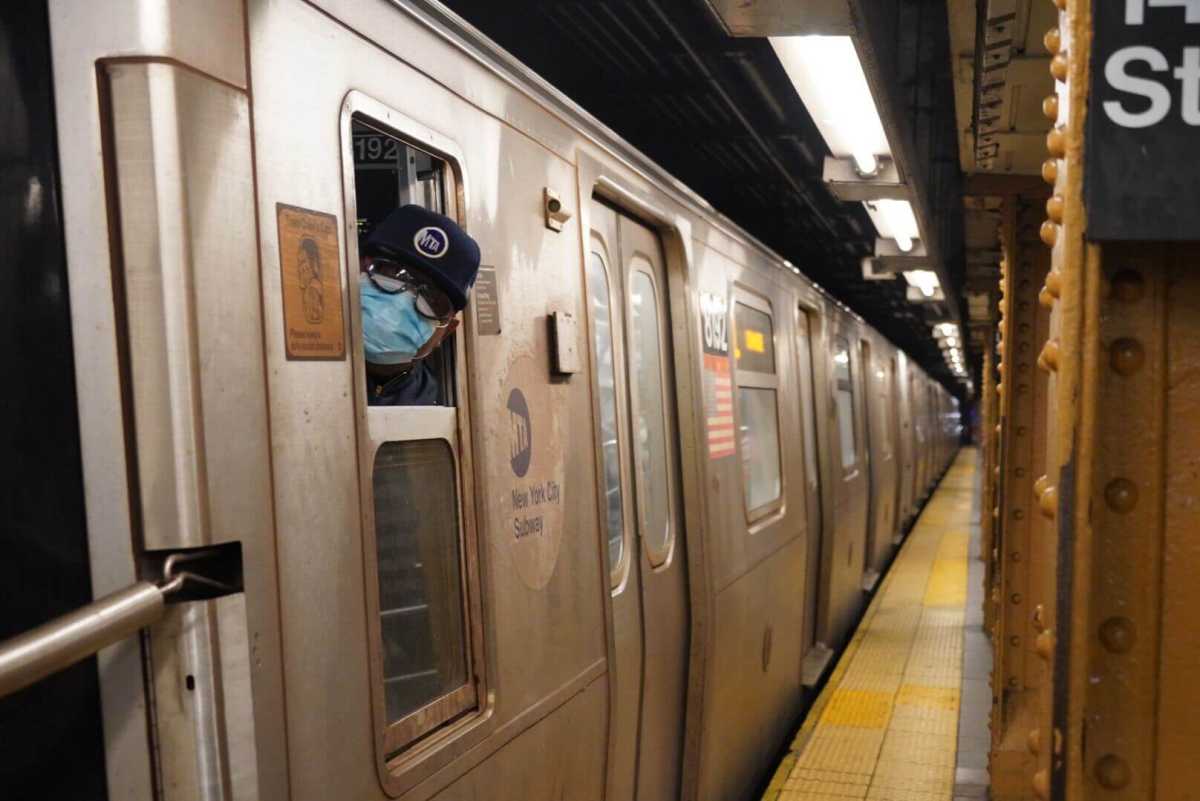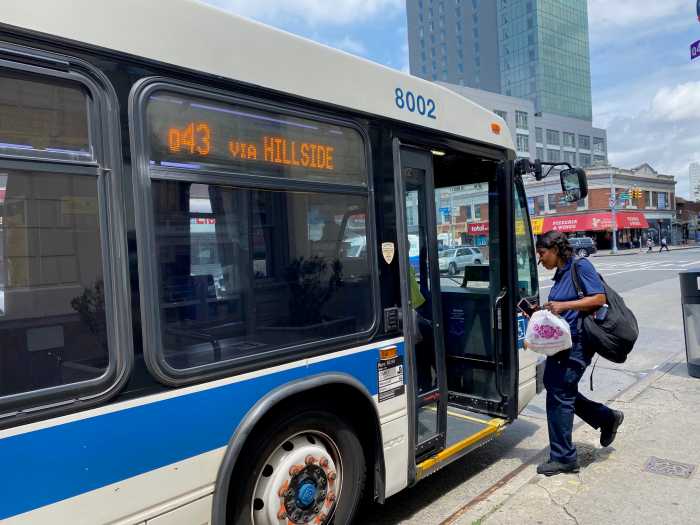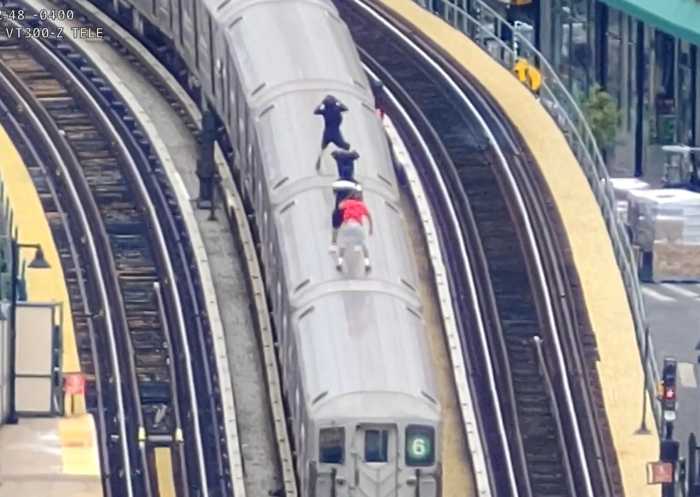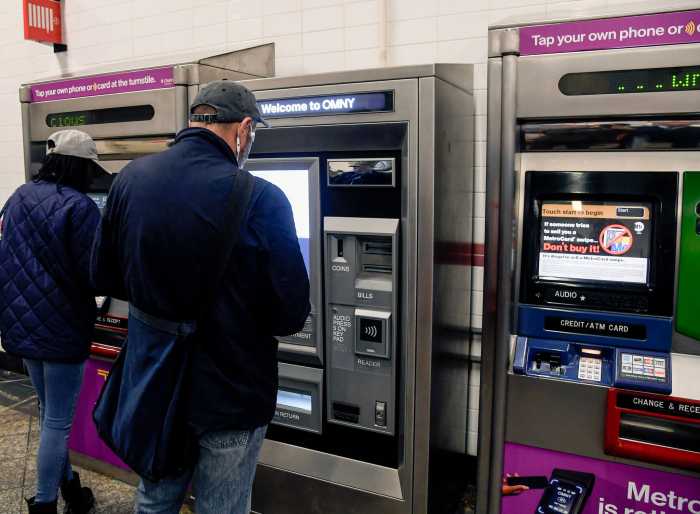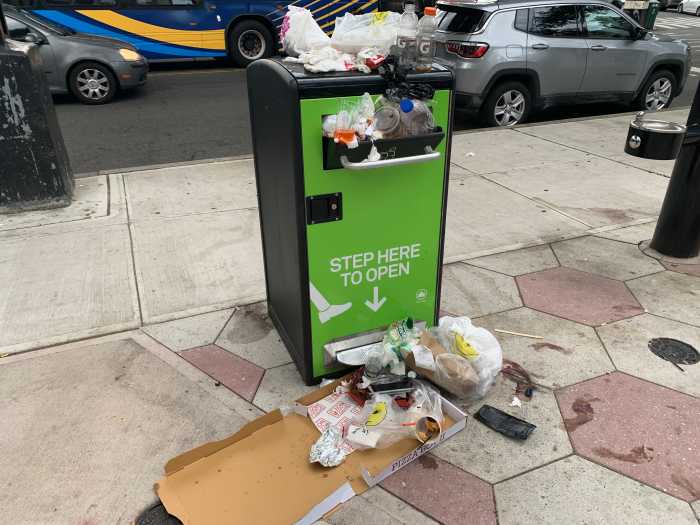The Metropolitan Transportation Authority needs to keep better track of hundreds of agency-issued credit cards for which records are in some cases still kept on paper or are missing completely, according to its government watchdog.
“In our digital age, it makes no sense for the MTA to rely on paper records to manage billing for hundreds of credit cards,” said MTA Inspector General Carolyn Pokorny Tuesday.
An audit of employee purchases using so-called procurement cards, or P-cards, by the oversight bureau found that during a 10-week period at the beginning of the COVID-19 pandemic, almost a quarter of transactions, or 24%, were “concerning,” particularly with New York City Transit, which manages the city’s buses and subways.
P-cards are credit cards employees across all of MTA’s operational divisions can use for smaller work-related purchases of up to $5,000.
The Office of the MTA Inspector General (OIG) probed 68 purchases between March 1-May 15, 2020, totaling $319,064 made by the 15 cardholders with the highest spending during that time, identifying issues with 16 transactions.
For six purchases spending $14,258.11, the agency couldn’t provide any receipts, and for another six, the cardholders tried to bypass the $5,000 spending cap by splitting items.
Another two went to pay for ongoing maintenance and repairs, while two more incurred state sales tax, both of which are not allowed under agency guidance.
While all of the items were work-related, the investigation revealed inconsistencies in how the massive city transit arm keeps abreast of its spending.
NYCT had 537 cardholders in early 2020, more than any other operational arm of the MTA, and they charged some $1.9 million during the 10 weeks of the analysis, almost 47% of the MTA’s total $4.06 million P-card spending during that time.
The audit revealed a flawed system where NYCT relied on paper records to track P-card use while other MTA operations, such as the Long Island Railroad and the Metro-North Railroad, use digital systems to track of their spending.
MTA Headquarters, which took over some responsibilities from NYCT in 2017, was nearly a year behind in performing quarterly P-card compliance reviews. The head office also didn’t maintain a list of cardholders and was not aware of many instances where cardholders disregarded Authority policy, according to the report.
The OIG study recommends NYCT management require all cardholders and their supervisors approving expenditures use an electronic payment system, train staff on the digital process, prohibit splitting purchases on a single card at any dollar level, and figure out which unit can best provide a timely compliance review at least every three months.
The MTA has accepted the recommendations and has already taken back almost 100 procurement cards at NYCT.
The agency will centralize and consolidate the MTA’s procurement arm by the end of the year, start migrating its payment system online during the first half of 2022, and give staff an online “refresher training,” according to a spokesman.
“We take expenditure of taxpayers’ money seriously, and thank the Inspector General for this important work,” said Aaron Donovan in a statement. “New York City Transit recently began its own review of this program – including rescinding more than 90 procurement cards, reminding all employees of their procurement responsibilities, and formally reviewing procurement card use. Further changes to strengthen oversight are ahead as well.”



